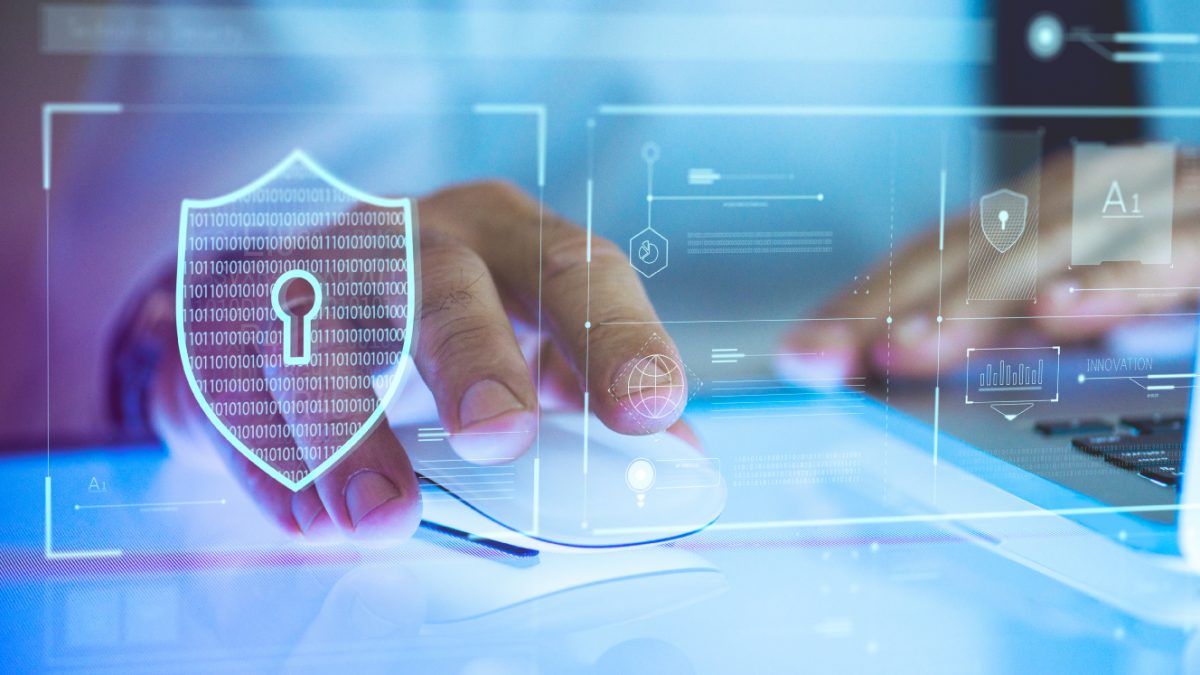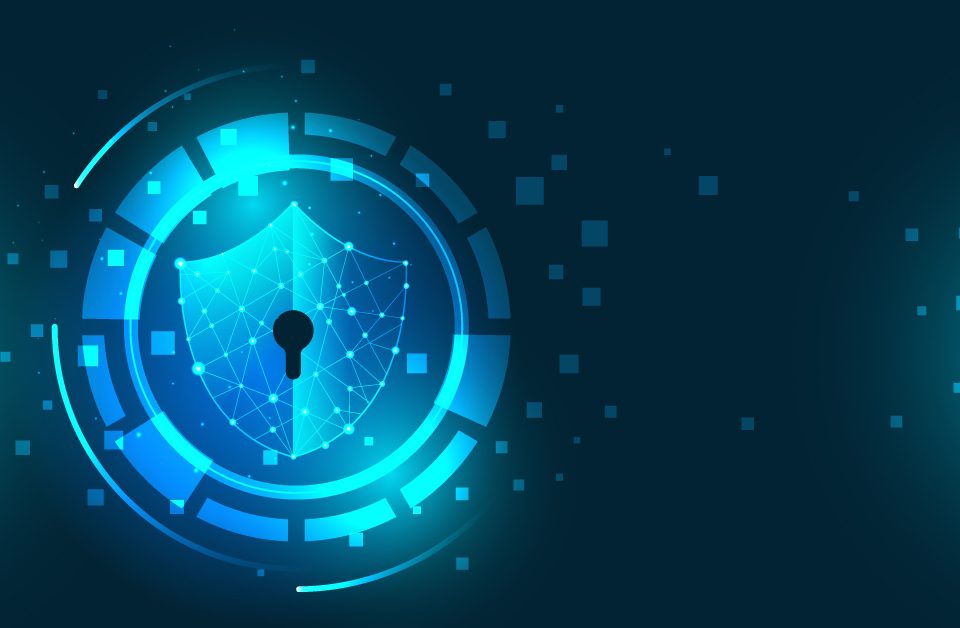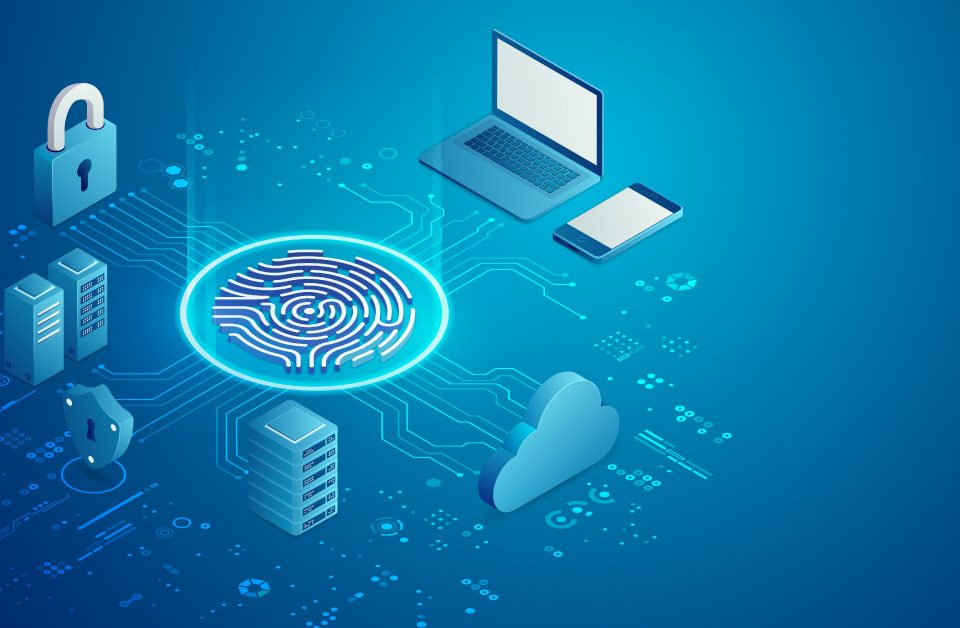Is your E-Commerce Portal Secure from Cyber-Attacks?
67% of consumers fear that their personal information will be compromised in a future data breach
INTRODUCTION
Cyber threats are one of the biggest challenges to Business continuity. Therefore, business continuity plans must encompass early detection, proactive response, and speedy recovery from the growing cyber-attacks that may disrupt business operations. There is an increasing trend towards digital transformation, which means a growing reliance of organizations on IT for its critical business functions. Therefore, it is the need of the hour to secure your organization’s cybersecurity by adopting a holistic approach to cybersecurity planning.
CYBER THREATS: E-COMMERCE PLATFORMS
The frequency and complexity of cyber attacks have skyrocketed in recent years. Of all the industries affected by cyber threats, E-commerce is the worst hit, by experiencing almost 32.4% of the attacks. The number of attacks that E-commerce portals and applications have been subjected to has increased significantly over time. These attacks carry along with them inherent risks for both the customer and the business owner.
- First and foremost, is that E-commerce platforms hold numerous data about their customers — and that makes business owners prey to cyber-attacks.
- As per Global Information Security Survey by EY, customer information is the most valuable data category for most attackers, and more so since 74% of consumers are concerned, they will eventually lose rights due to small privacy invasions.
THE NEXT STEP: MOVING FORWARD
As Awareness is the first step towards combating cyber threats, businesses must put into action foolproof solutions to bring about a 360-degree approach to securing their cyberspace.
Hence it is imperative to create a cyber-secure environment that will, in turn, ensure the following factors of business continuity:
1. Compliance
Compliance is the base level of business commitment. Your E-commerce business is required to meet specific standards to be considered “in compliance,” and fines can be levied against you and your business if you do not follow industry compliance.
One of the most critical Compliance to be followed by every merchant is the PCI-DSS Compliance, which improves the level of trust between the Merchant and Customer. To reduce the risk of Credit/Debit Card Loss, PCI- DSS prescribes 12 guidelines to secure customer data and rectify all vulnerabilities that could expose cardholder data.
2. Financial Solvency
Financial Solvency is known as the ability of a business to meet its long-term obligations and measure a company’s financial health. A robust and secure cyber environment will, in turn, ensure much-needed stability in your business. If breached, it will lead to a whole host of other problems, which will severely impact the bottom line of your business.
3. Customer trust
Customers have a significant amount of confidence in the business they shop with, providing personal data and sensitive payment information with every purchase they make.
Earning a client’s trust is critical to a continued relationship, and receiving it back, once it is lost, is nearly impossible. Cybersecurity and the robustness of your e-commerce site has a significant impact on customer loyalty and retention.
“Research claims that 64% of consumers are unlikely to shop from a company where their data was stolen.”
IMPLICATIONS OF CYBER-THREATS
The techniques and methods of cyber attack are broad. But here are some that rise to the top as the most common threats an e-commerce platform is subjected to:
1. Phishing
Phishing is a social engineering attack and refers to techniques utilized by attackers to fool victims into providing confidential information like passwords, account numbers, social security numbers, and more.
2. Malware and ransomware
On becoming infected with malware, the user is locked out of all their essential data and systems.
It also leads to downtime for the website, which is often quite expensive. A solution for this is regular backups of your site data, which can prevent your firm from becoming a disadvantage. You can protect yourself against such cyber attacks by not clicking on suspicious links and avoiding installing unknown software on a computer.
3. SQL injection
Your eCommerce website would further be at risk if it insecurely stores data in an SQL database. If not adequately rectified, a query injected into a packaged payload often gives the attacker access to view and even manipulate any information within a database.
4. XSS
XSS or Cross-Site Scripting attack involves inserting a piece of malicious code (typically JavaScript) into a webpage. Unlike some other kinds of attacks, Cross-site scripting doesn’t impact the site, but it would expose the users of that page to malware, phishing attempts, and DDoS Attacks.
5. E-skimming
E-skimming refers to stealing credit card information and personal data from check out pages on eCommerce websites. Through a phishing attempt, brute force attack, XSS, or third-party compromise, attackers gain access to your site. While the shoppers enter into the checkout page, they capture their personal information.
E-COMMERCE SECURITY SOLUTIONS
Cybersecurity is one of the most important features of an E-commerce portal and without it, businesses are putting themselves and their customers at risk. Apart from financial implications, a data breach will affect a business’s reputation and image that it has created for itself.
Here are some of the security solutions that an E-commerce portal can undertake to safeguard their data:
1. Secure portal with HTTPS
Instead of using outdated HTTP protocols that make your website more vulnerable to attacks, it is highly recommended by experts to have an up-to-date SSL certificate and HTTPS protocol. Since this has become the standard, you must obtain them if you wish to get any considerable traffic.
2. PCI-DSS Accreditation
To save your business from a security breach, you should never store credit card information on your servers and ensure that payment gateways security is not at risk. When it comes to e-commerce recommendations, you must obtain a Payment Card Industry Data Security Standard (PCI-DSS) accreditation.
3. Firewall Utilisation
Another effective e-commerce recommendation is to use firewall software and plugins that are pocket-friendly yet effective. Firewall functions in such a way that it keeps untrusted networks away and only allows access to trusted traffic. Firewalls act as a barrier against threats such as SQL injections and cross-site scripting.
4. SSL Certification
Secure Socket Layer certificates are an indication of authenticity and trust. It protects your sensitive information and ensures that it is encrypted in such a way that it only reaches the intended recipient. Businesses require SSL certificates to secure each and every process from credit card details and transactions to regular queries. SSL certification is akin to a certificate of ownership that prevents hackers from using a website as a counterfeit for phishing.
CONCLUSION
Cybersecurity is an endeavour that encompasses people, processes, and technologies. With NDZ, we put cybersecurity first, and you can spend more time focussing on growing your business — and spend less time worrying about security monitoring and maintenance. To know more about how you could protect your e-commerce portal, contact us at : Cybersecurity@ndz.ae




